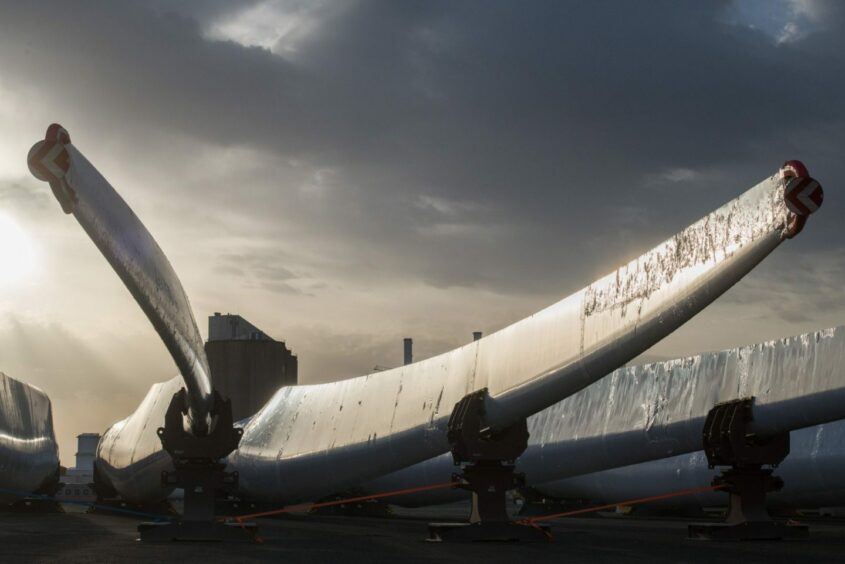
After a decade of accelerating growth, the expansion in global renewable power is expected to slow slightly next year due to supply-chain bottlenecks.
The forecast from the International Energy Agency underscores the far-reaching impact of the rising cost of raw materials. The European Union in particular wants to urgently boost clean energy as it races to diversify its fuel sources following Russia’s invasion of Ukraine.
“Cutting red tape, accelerating permitting and providing the right incentives for faster deployment of renewables are some of the most important actions governments can take to address today’s energy security and market challenges,” IEA Executive Director Fatih Birol said in a statement.
A total of 319 gigawatts of renewable capacity is set to be added this year and 317 gigawatts in 2023, according to the IEA. That’s still a rapid clip but would be the first slowdown in at least a decade.
The agency estimates that the cost to install a new utility-scale solar site or a new onshore wind park has grown by 15% to 25%, compared with 2020. Surging freight costs are the main price driver for wind, while solar cost hikes are evenly split between rising prices for transport and materials.
The new capacity commissioned in 2022 and 2023 still has the potential to “significantly” reduce dependence on Russian gas in Europe’s power sector, according to the report.
Recommended for you
